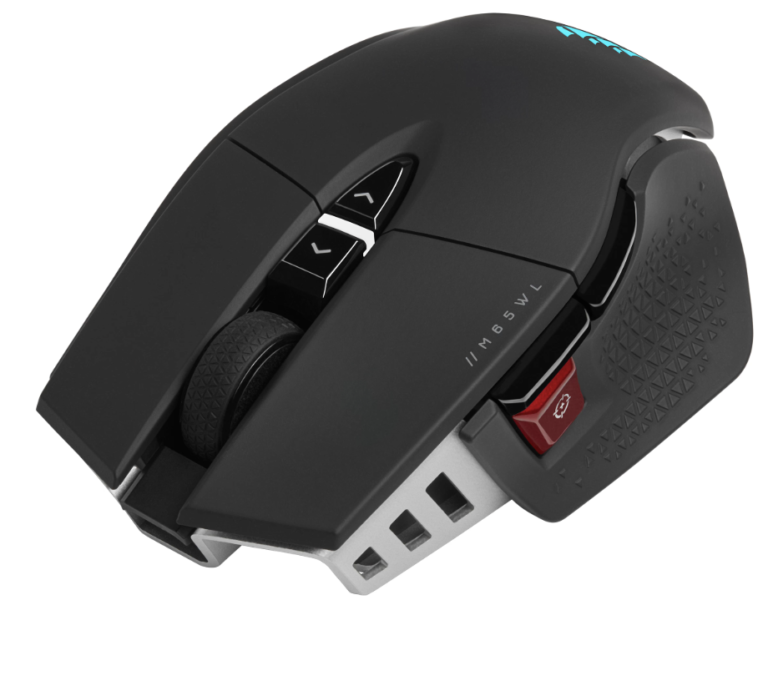Why is My PC Lagging All of a Sudden? [Common Causes with Simple Fixes]
Over time, every computing device gets slow. But if your computer is lagging all of a sudden, it can indicate several things.
Installing too many apps, viruses or malware infection, hardware issues, etc. can cause your computer to lag. Continue reading below to find out more on how to fix it.

Reasons for Sudden Computer Lags
Your PC can lag or freeze due to a multitude of reasons. This issue is frustrating and you immediately would want to find out the exact reason.
1. Thermal Throttling
Thermal throttling is one of the most common issues one might encounter if he or she owns an older PC. In such a scenario, the components of your PC are running much above the normal temperature under load. As a consequence, the components drop the performance to compensate for the increased temperature.
This is why you should always keep tabs on the temperature of your CPU and GPU. Also, clean the casing fans and dust filters to increase the influx of air. Operate your PC in a well-ventilated place and try replacing the thermal paste if nothing else helps.
2. Damaged or Insufficient RAM
A damaged or incompatible RAM will result in lag when playing higher-end games or under stress. Check whether the RAM is damaged or not by removing the stick from the motherboard. The appearance should tell you enough about the condition of the RAM.
In this case, replace the corrupted RAM with a compatible speed band. For memory shortage, add more memory to your computer. This will save you from lag on your PC in Windows 10/8/7.
3. Driver Issues
Another common cause of PC lag is driver issues. If your graphics drivers conflicts with other drivers on your system, your PC will freeze or lag. The simple fix to this is to download the latest graphic drivers. If you have not done that for a while, that could very well be the problem.
4. System Bottlenecks
A system suffers a bottleneck when a particular component is upgraded without considering the performance of other remaining components. As a result, one part becomes particularly powerful but the others don’t. For instance, if you have upgraded your GPU without a subsequent CPU or RAM upgrade, the system will not perform accordingly and lag as a consequence.
5. Operating System Issues
The operating system of your computer must be configured or upgraded properly. An outdated operating system will cause system failure and meddle with your activities with lag. Keep the system updated and uninstall the heavy programs that are of no use.
6. Internet Connection Issues
A fast internet experience ensures faster operability of your PC. Therefore, a good internet connection is important. However, despite having a good internet connection, it is normal to experience issues like weak signals, gateway or disconnection, unstable lines, irregular upload, download speed, etc.
These issues altogether cause a computer to lag. This happens when your operating system is trying to update while some installed software is working in the background downloading or uploading data.
7. Windows Operating on HDD
Lower screen loading time and a smoother experience are a must for modern PCs. It is the speed of the hard drive that determines how long you will be stuck on loading screens. Especially, if you are playing games, using a traditional mechanical hard disk will just slow you down. Moreover, your computer will lag and freeze more often.
That is why using an SSD alongside a high-capacity HDD will always cover you up for both speed and storage. Evidently, this will solve the lagging and freezing issues while in-game.
How to Fix Lag on PC Windows 10
Lag on a PC is pretty common and the fixes vary following the problems. The first thing you can try is to change the power settings. On startup, disable programs that you do not need. Keep an eye on the CPU temperature and make sure it is working at optimal settings.
Some other fixes you should try are:
- Keep your Windows and drivers up to date.
- Delete temporary files using Disk Cleanup tool.
- Increase your primary partition (C drive) size.
- Uninstall the programs you no longer use.
- Install a fresh new copy of Windows OS.
Try reducing the graphics settings to put lesser pressure on the GPU. Also, make sure your internet connection is alright. Finally, upgrade to an SSD because it always works.
Conclusion
If your PC is suddenly lagging out of nowhere, then there is no reason to panic. Try some of the methods mentioned above and see if they work. Make sure you do not fill your hard drive and memory with unwanted junk files and keep the drivers and Windows updated. That way your PC will last a long time.
Subscribe to our newsletter
& plug into
the world of technology





